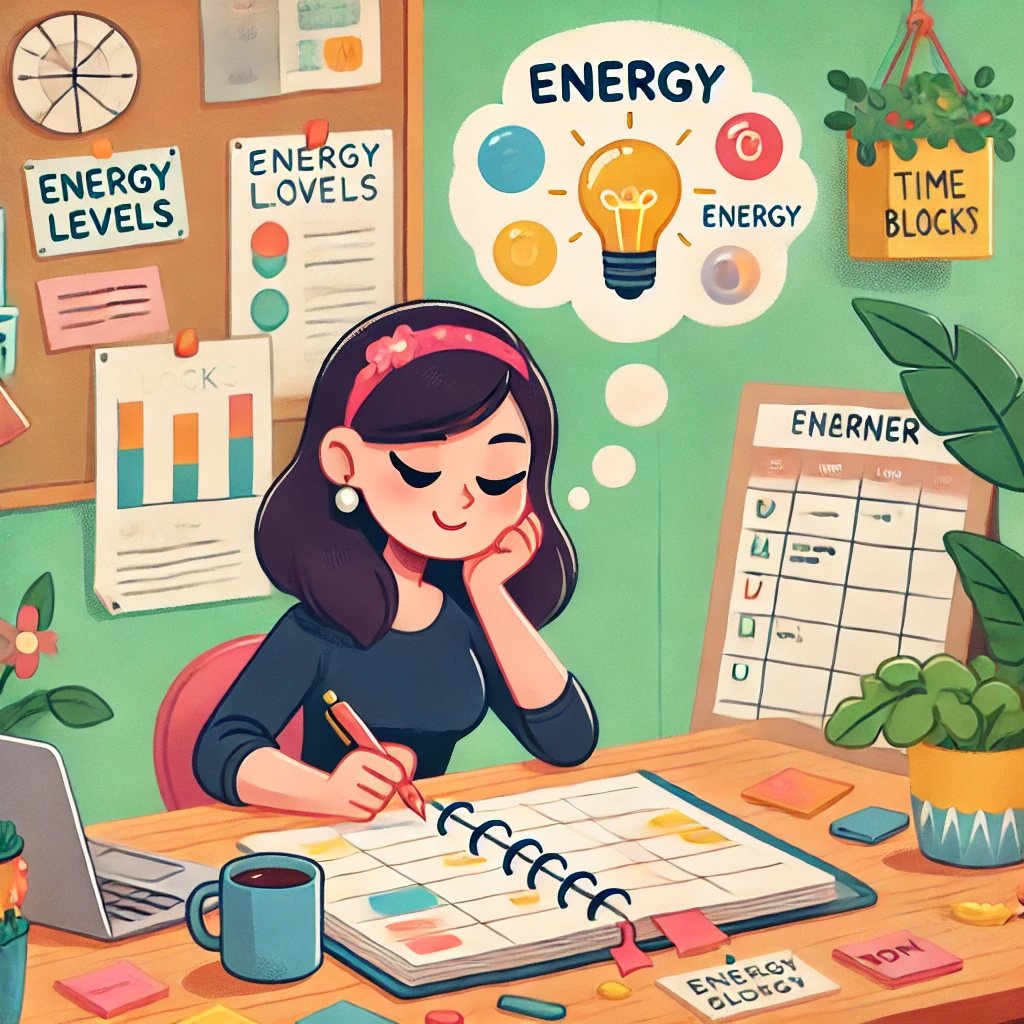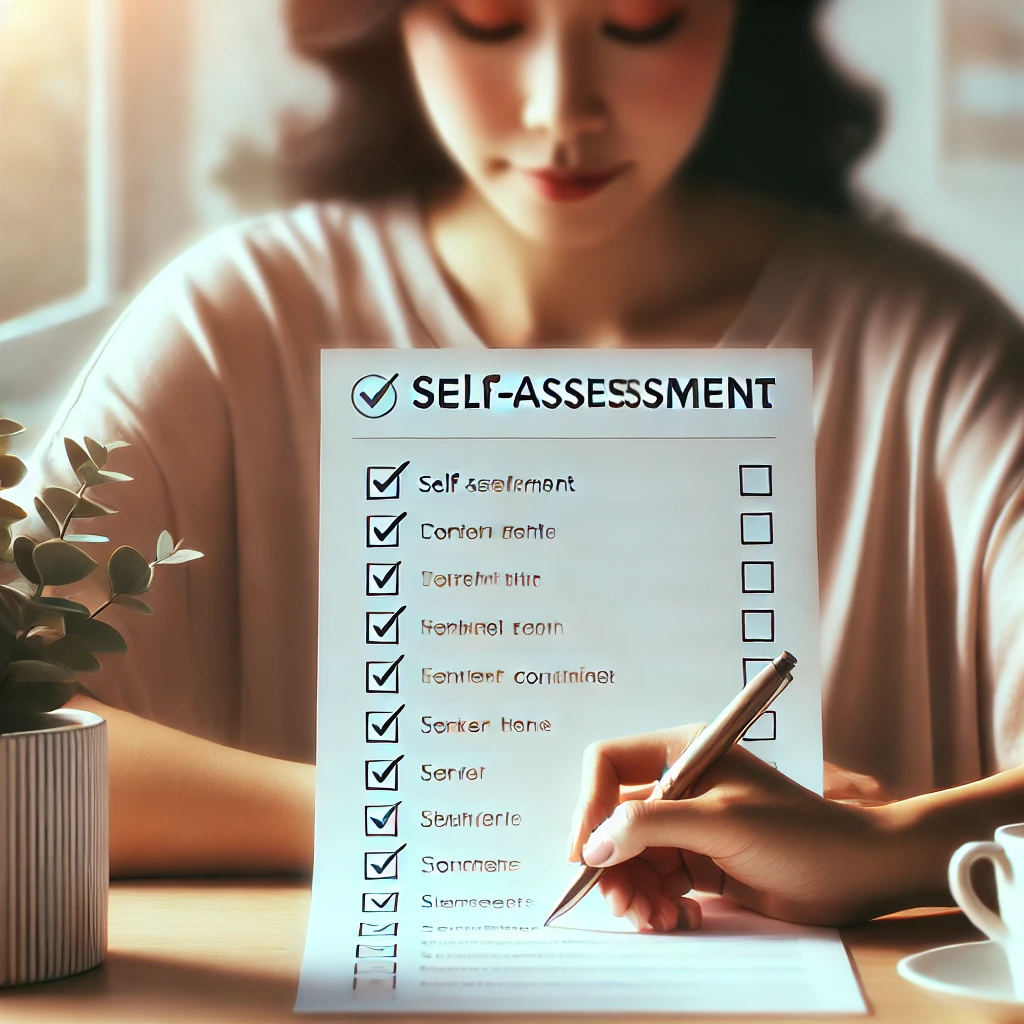Thriving with ADHD and Anxiety: Navigating Success on Your own Terms
Thriving with ADHD and Anxiety: A Guide for Women

Thriving with adhd and anxiety is possible. Living with ADHD and anxiety can feel like a constant juggling act, especially for women who must navigate societal expectations on top of everything else. If you're feeling overwhelmed, you're not alone. You don’t need to fit into rigid molds to thrive. This guide is here to help you redefine success on your terms, offering strategies that align with your strengths, energy, and emotional needs.
Understanding ADHD and Anxiety: Beyond the Stereotypes
ADHD is often misunderstood as simply being easily distracted or hyperactive. It affects executive functions like organization, time management, and emotional regulation. For women, these challenges can be compounded by anxiety, especially when trying to meet societal expectations that feel out of reach.
These external pressures can create and worsen anxiety, leading to a cycle of stress and self-doubt.
Primary and Secondary Anxiety in Women
- Primary Anxiety: This arises directly from ADHD symptoms like trouble focusing or keeping up with deadlines. It’s a natural reaction to the stress caused by ADHD-related challenges.
- Secondary Anxiety: This type is tied to societal and self-imposed pressures. Women with ADHD often feel pressure to conform to traditional productivity norms, life milestones, or rigid success standards. When these expectations are unmet, it can lead to feelings of inadequacy. Sometimes, therapeutic approaches that emphasize structure can unintentionally reinforce these pressures, making anxiety worse.
The Role of Hormones
Hormonal fluctuations, especially those related to the menstrual cycle, can significantly impact both ADHD and anxiety symptoms. Changes in estrogen and progesterone levels affect mood, focus, and emotional regulation. Understanding how these hormonal shifts interact with ADHD can help you plan ahead and adjust your strategies.
For example, you might notice increased anxiety or difficulty focusing at certain points in your cycle. By tracking these changes, you can plan self-care and adjust your schedule during these times to ease the impact.
What We Know: Why This Approach Reduces Anxiety
Less Pressure to Conform
The pressure to meet neurotypical or societal standards can lead to feelings of inadequacy. For women with ADHD, this is often compounded by traditional gender roles and productivity expectations. Accepting your brain as it is helps remove that pressure, allowing you to thrive on your own terms and reduce the anxiety that comes from constant comparison.
Increased Self-Acceptance
When you stop trying to "fix" yourself, self-acceptance naturally follows. You’re no longer battling who you are, which lowers anxiety. Embracing your neurodivergence allows you to focus on your strengths rather than feeling trapped by your challenges.
Customized Strategies
Developing personalized strategies that align with your strengths reduces daily frustrations. You’ll spend less time struggling with methods that don’t suit your brain and more time working with systems that empower you. This sense of control helps lower anxiety and allows you to trust your own process.
More Realistic Goals
Setting goals that align with your natural tendencies reduces the fear of failure and perfectionism—common ADHD challenges that fuel anxiety. Achieving smaller, more realistic goals boosts confidence and helps control anxiety by creating positive momentum.
Practical Strategies for Thriving with ADHD and Anxiety
Time Management
Instead of rigid schedules, embrace flexible time-blocking or tackle tasks when your energy is highest. Understanding your peak productivity times can help you work more effectively without overwhelming yourself. For instance, if you tend to hyperfocus in the afternoon, plan your most demanding tasks for that time.
Personalized Organization
Traditional organizational methods don’t work for everyone, and that’s okay! Create systems that tap into your creativity—color-coded charts, sticky notes, or a visual board. Find what works for you and allows for adaptability.
Emotional Regulation Techniques
Practicing self-compassion is critical to managing emotions and reducing anxiety. Prioritize self-care by cultivating environments that celebrate your neurodivergence rather than forcing yourself to fit into environments that drain you. Additionally, using self-accommodation strategies, like taking breaks when needed, can help you regulate emotions more effectively.
Hormonally-Informed Strategies
Pay attention to your hormonal cycles and how they affect your mood and energy levels. Track your cycle and note any patterns in focus or anxiety. During high-anxiety phases, build in more restorative practices, such as meditation, quiet time, or creative outlets, to help balance your emotional state.
Redefining Success for Women with ADHD and Anxiety
The traditional view of success—characterized by rigid routines, 9-5 schedules, and specific life milestones—often fails to account for the needs of women with ADHD. These societal expectations can lead to burnout and self-criticism, feeding into a cycle of anxiety.
Redefine Productivity
For women with ADHD, productivity doesn’t need to look like a strict 9-5 schedule. Create a life where you work in bursts of hyperfocus, plan around your hormonal cycles, and permit yourself to rest when needed. Embracing your unique rhythms fosters sustainable productivity and reduces anxiety.
Embrace Flexibility
Develop routines that honor your energy levels and emotional needs. This flexibility reduces the anxiety that comes from feeling like you’re constantly behind and enhances your sense of control over your time.
Celebrate Small Wins
Recognize even the smallest accomplishments as victories. Let go of advice or systems that don’t resonate with you. Focus on recognizing your achievements, no matter how small, and embrace a positive mindset. This helps you combat the self-criticism that often accompanies both ADHD and anxiety.

Action Steps
- Track Your Cycle: Start tracking your menstrual cycle and note how it affects your ADHD and anxiety symptoms. Use this data to plan your most important tasks during times when you have more focus and energy.
- Customize Your Organization: If traditional organization systems don't work for you, try using creative solutions like vision boards, colored folders, or a digital tool that suits your style. Adjust these systems as your needs change.
- Set Small, Realistic Goals: Focus on one or two small goals this week. Make sure these goals are realistic and match your current energy levels. Celebrate each win, no matter how small, to build momentum.
Reflection
As you move forward, ask yourself: How can I redefine success in my life based on what truly works for me? What systems can you create that reflect your strengths and needs? Remember, thriving with ADHD and anxiety is about embracing your neurodivergence, not trying to fit into someone else’s mold.
Key Takeaways
- Understand the Link: ADHD and anxiety are deeply connected, and women face additional pressures that can worsen both.
- Customize Your Approach: Build time management, organizational, and emotional regulation strategies that reflect your natural rhythms.
- Track Your Hormonal Cycles: Hormonal changes can impact your ADHD and anxiety symptoms, so plan ahead to accommodate these shifts.
- Redefine Success: Focus on what success means to you, not what society expects. Embrace flexibility, and celebrate your unique wins.
By focusing on these strategies, you can thrive with ADHD and anxiety, embracing your unique strengths as a woman and redefining what success means for you.






